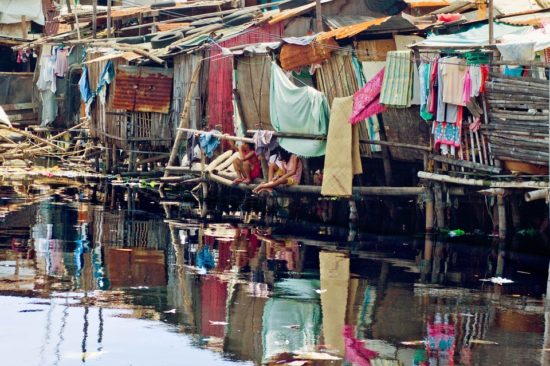Urban informal settlements as hotspots of antimicrobial resistance and the need to curb environmental transmission
Antimicrobial resistance (AMR) is a growing public health challenge that is expected to disproportionately burden lower- and middle-income countries (LMICs) in the coming decades. Although the contributions of human and veterinary antibiotic misuse to this crisis are well-recognized, environmental transmission (via water, soil or food contaminated with human and animal faeces) has been given less attention as a global driver of AMR, especially in urban informal settlements in LMICs—commonly known as ‘shanty towns’ or ‘slums’. These settlements may be unique hotspots for environmental AMR transmission given: (1) the high density of humans, livestock and vermin living in close proximity; (2) frequent antibiotic misuse; and (3) insufficient drinking water, drainage and sanitation infrastructure.
AMR NEWS
Your Biweekly Source for Global AMR Insights!
Stay informed with the essential newsletter that brings together all the latest One Health news on antimicrobial resistance. Delivered straight to your inbox every two weeks, AMR NEWS provides a curated selection of international insights, key publications, and the latest updates in the fight against AMR.
Don’t miss out on staying ahead in the global AMR movement—subscribe now!





